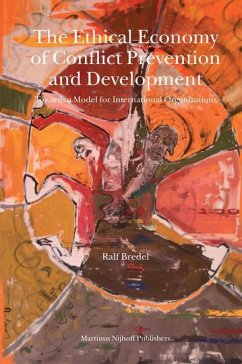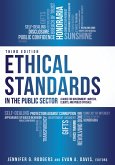Central to the current development debate is the importance of human welfare in the context of group conflict. When considering ethnic, racial and religious conflict, this debate draws us toward a 'political economy' of conflict. Moreover, notions of an economic paradigm have become prominent when international organizations debate conflict prevention. In looking closer at the political economy of conflict, this publication argues the need to assimilate into our thinking distinct social and ethical economies of conflict prevention. A social economy of conflict prevention considers the interplay of economic with structural and cultural factors in conflict, explaining a much neglected category of conflict, i.e. hidden conflict. The ethical economy of conflict prevention considers implicit ethical statements development practitioners use. From these statements arise ethical paradoxes that influence the evolving economic paradigm, in such way as to contradict one of its intrinsic desires, namely, to restrict conflict prevention strategies to effective technical interventions. Eventually, such narrow focus on technical interventions could identify this evolving paradigm as an 'economical' paradigm. In contrast, a rethinking of the ethical economy of conflict prevention provides a useful tool for international organizations when implementing a human rights-based approach to development and long-term conflict prevention.
Bitte wählen Sie Ihr Anliegen aus.
Rechnungen
Retourenschein anfordern
Bestellstatus
Storno


![The Settler's Guide, or, The Homesteader's Handy Helper [microform]: Useful Hints and Information; How to Avoid Mistakes in Time; Prevention is Better The Settler's Guide, or, The Homesteader's Handy Helper [microform]: Useful Hints and Information; How to Avoid Mistakes in Time; Prevention is Better](https://bilder.buecher.de/produkte/65/65557/65557638m.jpg)


